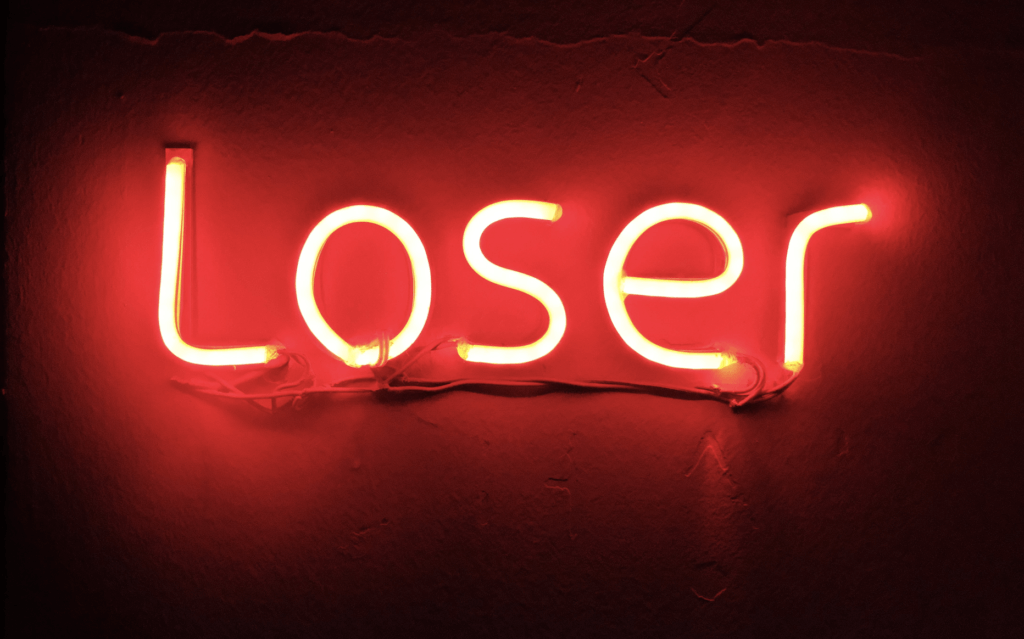Should we do the deposition in person? Or by Zoom?
What about the mediation?
And if we do it in person, do we need to wear masks?
Should the firm go back to making people come to the office?
Should we have our usual monthly CLE dinner, or go virtual?
As I write, these are questions lawyers have been dealing with for almost two years. I expect we will continue dealing with them for a while.
Like everybody, lawyers have had to make decisions about in person versus remote, masked or unmasked, socially distanced or back to normal.
This would be hard enough if the issue had no political ramifications. But of course, it does, and people have opinions. Plus, a person’s opinion on the subject tends to be pretty wound up with that person’s general world view, so the opinion tends to be strong. Tell me who you voted for in the last US presidential election, and I can probably tell you whether you think wearing masks is a reasonable precaution or politically correct “virtue signaling.”
So, deciding what to do about things like meetings, depositions, mediations, hearings, etc. can be tough. You’re not going to make everybody happy. But I have some suggestions, drawn from my practical experience practicing law in Texas during Covid times.
Recently, I had to debate the in person versus remote issue in two common situations for litigators: a deposition and a mediation.
First a little background, especially for non-litigators. Since the pandemic started, remote depositions, mediations, and hearings have become common, even routine. (Zoom appears to be the dominant, though not exclusive, platform.) I’ve done multiple depositions, hearings, and mediations remotely over the last couple years, and they work reasonably well.
On the other hand, I had a Zoom mediation where the mediator got frustrated because he was accustomed to cajoling the parties in person. He basically threw up his hands and said this isn’t going to work.
I remember thinking, it would have been nice to know that before my client wrote you a check for the hefty fee.
But I get it. Of course in person is generally better. There’s no question you miss out on some things when you meet remotely. Everybody who has been on a Zoom conference knows that (“Bob, you’re still on mute!”).
Still, I’ve learned that doing lawyer stuff remotely is usually at least adequate. And it has some advantages. There’s the obvious but significant saving of time and money that results from cutting out the traveling and commuting. After this experience, I don’t know why judges would continue to make out-of-town lawyers show up in person for routine matters like scheduling conferences.
There are also some less obvious benefits to remote proceedings. For example, I’ve grown to prefer Zoom hearings with the judge, at least in some ways. I love the “share screen” function for hearings. It’s a great way to focus the judge’s attention on your supporting documents.
And you don’t necessarily need some fancy PowerPoint presentation: sometimes I’ll just have four or five key exhibits and cases open in Adobe, where I can easily click back and forth between the documents and highlight the parts I want to point out to the judge. (Just make the sure the judge is ok with you sharing your screen; I know at least one judge who said she doesn’t like it.)
Bottom line: yes, in person is generally better, but remote is usually fine, and has some benefits.
So what should lawyers do while the Covid numbers continue to spike and fall? Let’s get back to my recent experiences.
In one case, I suggested my client, one of several defendants, participate in a mediation remotely, partly for cost and convenience (my client was in another state), and partly because of Covid concerns (Omicron had just hit, and my client had some health risks). Opposing counsel resisted, pointing out there was no evidence of anyone in the US dying from the new variant.
“Your client probably won’t die” was not very reassuring to me. It reminded me of Lord Farquaad in Shrek: “Some of you may die, but that’s a sacrifice I’m willing to make.”
Anyway, I decided to relent. I did not want to blow up the mediation over the issue. And none of us died, so that’s a plus.
But in another situation, I decided to put my foot down. I agreed on a date for my client’s deposition, and opposing counsel served a deposition notice scheduling the deposition in person. Between that time and the scheduled date for the deposition, I got concerned about doing the deposition in person (for reasons), so I asked if we could do it via Zoom. Opposing counsel said no, citing various generic reasons why an in-person deposition is preferable, like avoiding improper coaching of the witness.
That is fair, I guess. I mean, if you do the deposition via Zoom, the witness might write the answers on her hand, and it would be harder to tell.
In that case, I had to take a harder line. We refused to show up in person, and the usual squabbling ensued (motion to compel, response, motion for protective order, hearing with the judge). You can read my response to the motion to compel here if you like:
In both cases, I suspect that part of the resistance to doing things remotely was that making the experience more burdensome for my client was part of the point. I don’t see that as a legitimate reason for doing something in person. But in fairness, there can be other reasons for favoring in person proceedings that are legitimate.
So what did I learn from these experiences? I come away with three general principles.
First is the Judgment Principle. There’s no one-size-fits-all answer for the in person versus remote question. It’s going to depend on so many factors, including timing and how bad the Covid numbers are at any given time and place. So it’s usually going to be a judgment call.
The second principle kind of follows from the first. Considering it’s usually a judgment call, I say it’s generally better to err on the side of caution. Let’s call it the Caution Principle. Sure, maybe it will turn out that you really didn’t need to be that cautious, but what’s the harm in it, most of the time? Worst case, maybe you miss out on the snacks at the mediator’s office.
Third is the Courtesy Principle, and this is probably the most important one. If someone isn’t comfortable doing something in person, I think generally you should try to accommodate that person, just as a matter of courtesy. This is true regardless of whether you think their concern is valid.
For example, let’s say you’re a member of the U.S. Supreme Court. You don’t think wearing masks is necessary anymore; you might even think it’s kind of silly. But another member who sits next to you has a health condition and would prefer you wear a mask.
Is it even a question what to do in this situation? Duh, you mask up. It’s not a question of who is right or wrong. It’s just common courtesy.
I say lawyers should apply the same principle to remote versus in person. So, if opposing counsel asks to do the deposition remotely and gives you a good reason, just say ok, unless there’s some special reason it will negatively impact your client.
And hang in there. Eventually it won’t be an issue anymore.
_____________________

Zach Wolfe (zach@zachwolfelaw.com) is a Texas trial lawyer who handles non-compete and trade secret litigation. You can send hate mail to his office at Zach Wolfe Law Firm. Thomson Reuters named him a Texas “Super Lawyer”® for Business Litigation in 2020 and 2021.
These are his opinions, not the opinions of his firm or clients, so don’t cite part of this post against him in an actual case. Every case is different, so don’t rely on this post as legal advice for your case.




Comments:
Good points! Good read as always.
Prima Womack REALTOR ® Womack Real Estate p: 512-567-8876 http://www.WomackRealEstate.com
Austin Business Journal Top 25
“CONFIDENTIALITY This email message and any attachments is intended only for use by the addressee(s) named herein and may contain legally privileged and/or confidential information. If you are not the intended recipient of this email you are hereby notified that any dissemination, distribution or copying of this email and any attachments thereto is strictly prohibited. If you have received this email in error please notify the sender and permanently delete the original and any copies of this email and any prints thereof.
No e-mails sent or received shall constitute a legally binding contract unless and until a written contract is signed by the parties.”
>